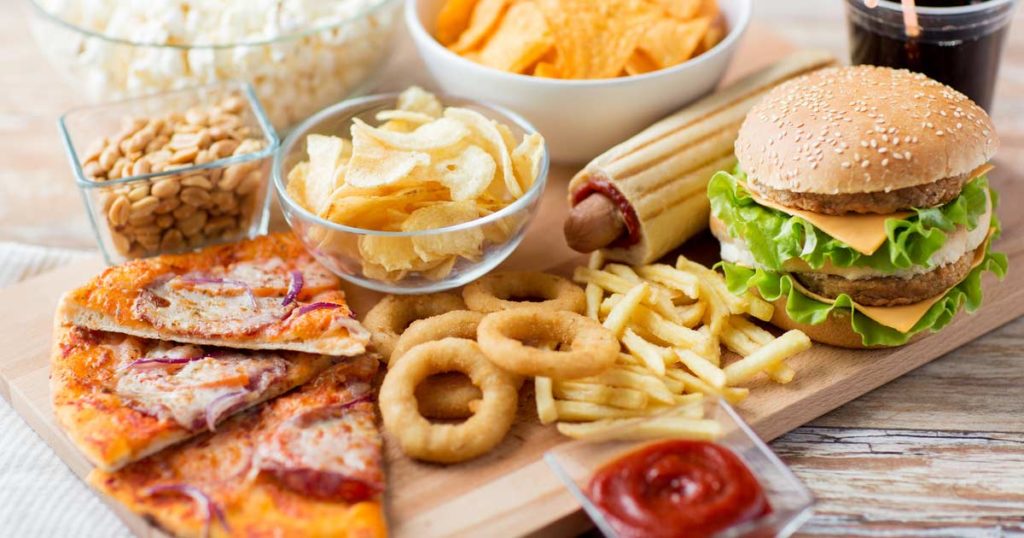Binge eating, food addiction, compulsive overeating — there are many terms used to describe the different compulsive eating disorders. These disorders, while different from the more widely known anorexia and bulimia, are among the most common eating disorders to affect Americans, with some estimates of approximately 4 million people meeting diagnostic criteria. How does this happen? Why do so many people develop compulsive eating disorders?
Key Factors
While the precise cause of compulsive eating is unknown, several factors are believed to increase the risk of developing a compulsive eating disorder.
- Compulsive eating generally starts in the teenage years or during young adulthood, although compulsive eating can also occur in midlife.
- Family history. While it’s not clear that genetics play a definitive role, statistics indicate that having parents who have been diagnosed with an eating disorder increases the risk of developing compulsive eating.
- Eating issues are strongly correlated with depression. In some cases, depression leads to loss of appetite and weight loss, but in many cases depression and compulsive eating go hand in hand.
- Self-esteem issues. Low self-esteem and having a negative body image contribute to the risks of compulsive eating. This is a vicious cycle, as weight gain and feelings of loss of control serve to further lower self-esteem and worsen already negative feelings about one’s body or appearance.
- Dieting and the cycle of shame. For people who use restrictive diets to attempt to lose weight, the cycle of food restriction, “cheating” on the diet, and then shame due to the binge, increases the risk of developing a compulsive eating disorder. While not all people who use dieting as a way to lose weight are at risk, those who undergo this emotional cycle as part and parcel of the diet are especially at risk.
If you struggle with compulsive eating, seek help from professionals trained and experienced in treating eating disorders. Individual and/or group therapy coupled with a solid nutritional plan are the first steps on the path to recovery. It is possible to change your relationship with food, feel well, and live differently. https://www.psychologytoday.com/conditions/compulsive-overeatinghttps://www.mayoclinic.org/diseases-conditions/binge-eating-disorder/symptoms-causes/dxc-20182932https://www.webmd.com/mental-health/eating-disorders/binge-eating-disorder/features/compulsive-overeating-and-how-to-stop-it#2

